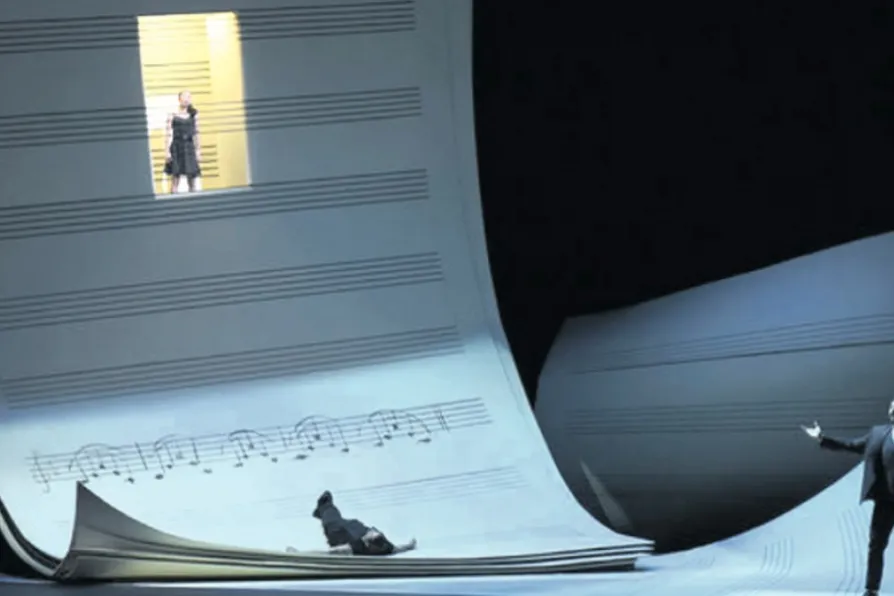New releases from Van Morrison, Tyler Ballgame, and Dry Cleaning


The Barber Of Seville
The Festival Theatre
Edinburgh International Festival
Rossini’s comic opera, composed allegedly in thirteen days, consistently rates among the most popular on the circuit. Opera buffs who find it odd that the official Festival should give airing to such a common favourite will have their doubts put to rest with Laurent Pelly’s wittily scintillating production from Theatre des Champs-Elyses.
The plot, with its stock Commedia del Arte characters and pattern of trickery and disguise, can be taken for granted. The dashing Count Almaviva, in love with enchanting young Rosina, is frustrated by her elderly guardian who has his own plans for his ward and her fortune. The resourceful barber Figaro comes to the rescue leading to an inevitable happy ending.
Pelly and conductor Jeremie Rhorer, with his period-instrument Le Cercle de l’Harmonie orchestra, let the music do the work.

GORDON PARSONS is blown away by a superb production of Rostand’s comedy of verbal panache and swordmanship

DAVID NICHOLSON is thrilled – and shocked – by an opera that seethes and sizzles with passion and the depraved use of power












